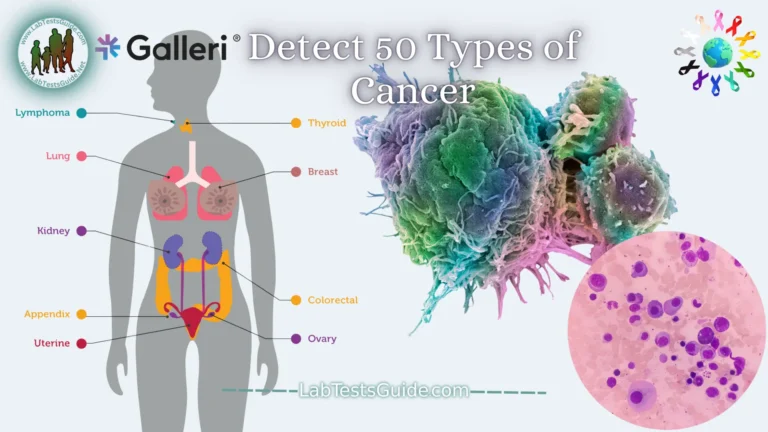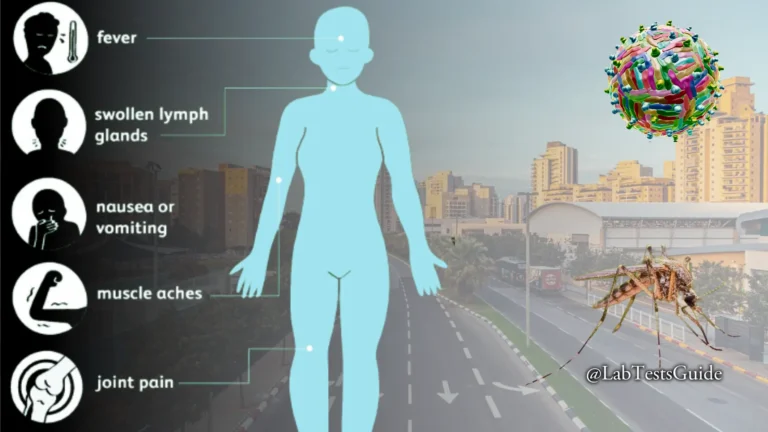Four Proven Ways to Reduce Your Risk of Dementia
Dementia, a condition affecting nearly 50 million people worldwide, is a growing concern as populations age. While it remains incurable, research has identified actionable steps to reduce its risk and delay its onset. Experts agree that lifestyle modifications made as early as your 40s and 50s can make a significant difference. Here are four proven strategies to protect brain health and lower your dementia risk.

1. Stay Physically Active
Physical activity is one of the most effective ways to support brain health. Aerobic exercises such as walking, swimming, cycling, and running increase blood flow to the brain, delivering oxygen and nutrients essential for maintaining cognitive function. Regular exercise can also lower the risk of health conditions linked to dementia, such as high blood pressure, diabetes, and high cholesterol.
Neurosurgeon and author, emphasizes the importance of movement. “There’s always a window to make a difference,” he says. Even in your 60s, incorporating regular physical activity can help preserve brain health.
2. Prioritize a Brain-Healthy Diet
What you eat plays a crucial role in cognitive health. A Mediterranean diet rich in lean proteins, healthy fats, and antioxidants has been linked to lower dementia risk. Foods such as fatty fish, berries, leafy greens, beans, lentils, and walnuts are particularly beneficial. Conversely, excessive alcohol consumption—especially in older adults—can harm brain health. Experts recommend limiting alcohol to no more than one drink per day or avoiding it altogether.
3. Engage Your Brain and Socialize
Mental stimulation and social interaction are powerful tools against cognitive decline. Activities like crossword puzzles, learning a new skill, or playing card games keep the mind sharp. Socializing in person can also release beneficial brain chemicals like serotonin and dopamine.
“Some habits, like intellectual hobbies and active social lives, are linked to greater emotional and cognitive resilience as we age.” Addressing sensory issues such as impaired vision or hearing can further enhance social engagement and protect brain health.
4. Prioritize Sleep
Sleep is a critical, yet often overlooked, component of brain health. Quality rest helps the brain store memories and clear toxic proteins associated with Alzheimer’s disease. Chronic sleep deprivation, on the other hand, can accelerate cognitive decline.
“Good sleep primes the brain for activity the next day and clears out inflammation,” A leading researcher on aging and cognition.
Three Major Risk Factors to Address
While these lifestyle changes can help, a recent review highlights three factors that significantly influence dementia risk:
- Lack of Physical Activity – Sedentary lifestyles contribute to cognitive decline.
- Poor Diet – Unhealthy eating patterns increase the likelihood of developing related conditions like obesity and diabetes.
- Limited Cognitive Engagement – Failing to challenge the brain with new activities or skills can lead to earlier cognitive decline.
The Importance of Early Action
Studies show that cognitive and physical health indicators can predict dementia risk up to 20 years before symptoms appear. Early detection and proactive measures, such as routine cognitive assessments, can help individuals manage their risk effectively. Unfortunately, less than 16% of older adults undergo cognitive testing during regular doctor visits, underscoring the need for increased awareness and accessibility.
A Lifelong Approach to Brain Health
While age and genetics play a role in dementia, lifestyle changes are within your control. By staying active, eating healthily, engaging your mind, and prioritizing sleep, you can significantly reduce your risk. As Dr. Jandial advises, “Dementia isn’t inevitable. Simple, consistent habits can make a profound difference.” Start protecting your brain health today—it’s never too early or too late to begin.
References
- I’m a doctor — here are 4 simple ways to lower your risk of dementia – New York Post – (Accessed on Dec 09, 2024)
- Study identifies 11 strong predictors for dementia that may aid early diagnosis – Medical news today – (Accessed on Dec 09, 2024)
- ‘I’m a neurosurgeon and I do these four things each day to avoid dementia’ – Surrey live – (Accessed on Dec 09, 2024)
- Preventing dementia: These three factors matter most – Earth – (Accessed on Dec 09, 2024)
Possible References Used







